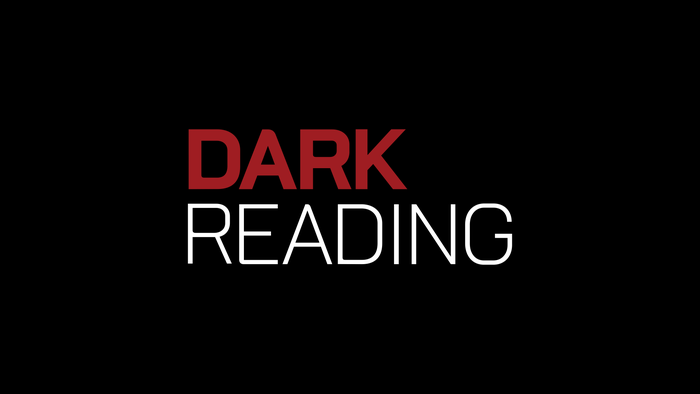5 Airport Body Scanner Patents Stripped Down
Here's a deep dive on five patents applying X-ray backscatter technology to airport contraband detection. These screening machines have been much in the news recently, amid controversy regarding both their effectiveness and the amount of radiation exposure to which travelers are subjected. The patents we'll look at are from prime players in the airport body scanner field. This list is led by Rapiscan Systems Inc. , of Torrance, Calif., which in 2009 won the TSA contract to supply whole-body imag

The first sheet from Rapiscan's patent 7,796,733, entitled "Personnel security screening system with enhanced privacy" is shown. According to the patent document, the invention "relates to image processing techniques that employ maximum threat detection performance and minimal information loss. More particularly, the invention relates to the field of radiant energy imaging systems and methods and to image processing techniques for detecting concealed objects carried on the body or clothing of a person without compromising the privacy of the person." A further explanation delves into how contraband can be detected by X-rays: "Non-metallic objects are commonly composed of low atomic number elements similar to those of human tissue, i.e. hydrogen, carbon, nitrogen, and oxygen. Soft human tissue scatters a significant amount of X-rays due to the relatively low atomic number of hydrogen, carbon, and oxygen in relatively high concentration. Due to the high atomic number of calcium, bones near the surface of the body, comprised mainly of calcium, produce much less scatter. Concealed objects, especially metals, can be easily visualized in the images due to their significant difference in atomic composition from the background of human tissue."
For Further Reading
Wolfe's Den: Airport Scanner Patents Promise Not To Show Your 'Junk'
About the Author(s)
You May Also Like
Beyond Spam Filters and Firewalls: Preventing Business Email Compromises in the Modern Enterprise
April 30, 2024Key Findings from the State of AppSec Report 2024
May 7, 2024Is AI Identifying Threats to Your Network?
May 14, 2024Where and Why Threat Intelligence Makes Sense for Your Enterprise Security Strategy
May 15, 2024Safeguarding Political Campaigns: Defending Against Mass Phishing Attacks
May 16, 2024
Black Hat USA - August 3-8 - Learn More
August 3, 2024Cybersecurity's Hottest New Technologies: What You Need To Know
March 21, 2024




